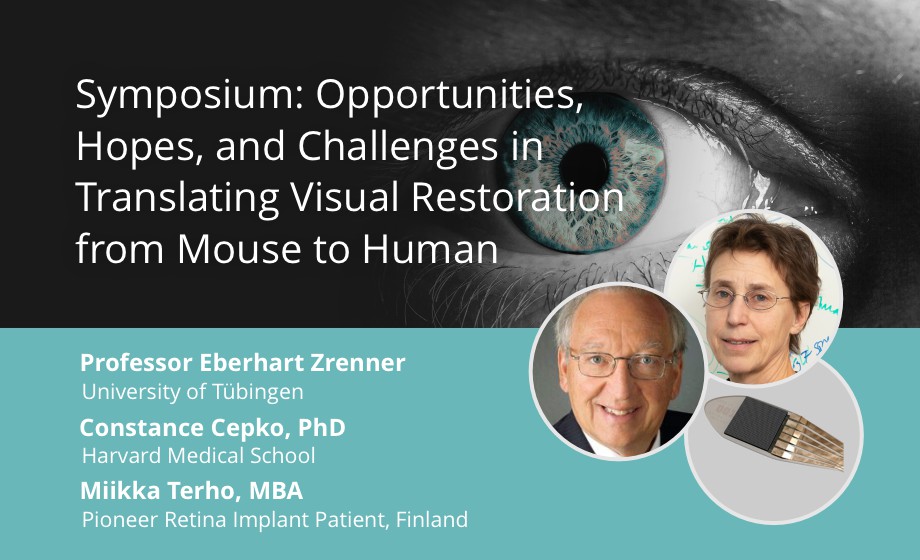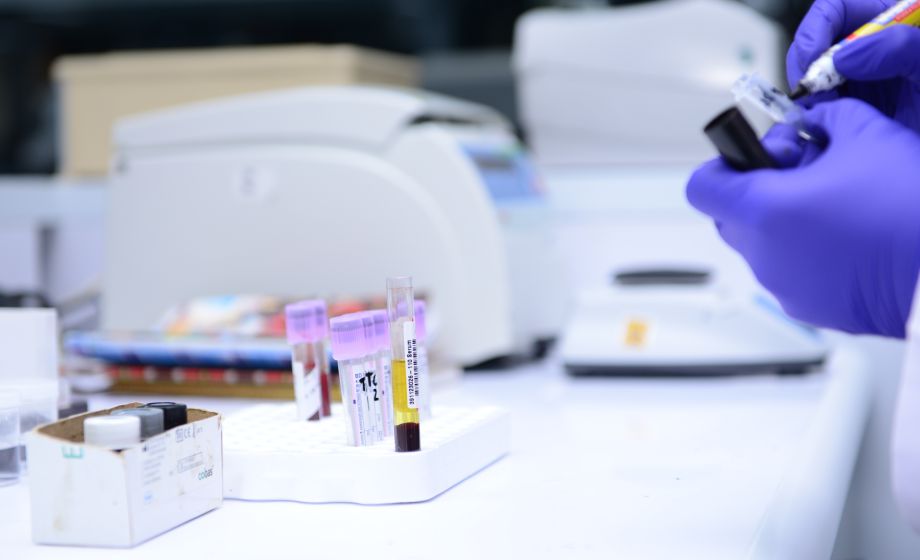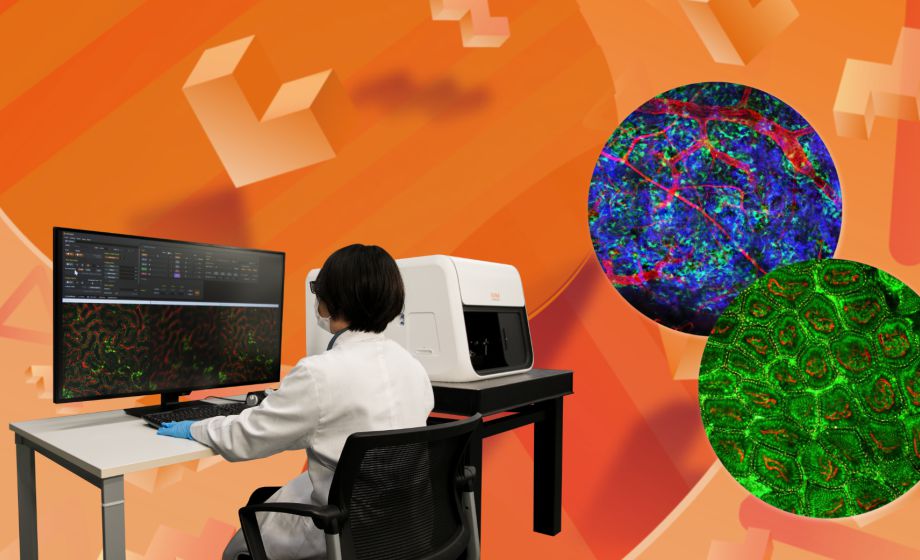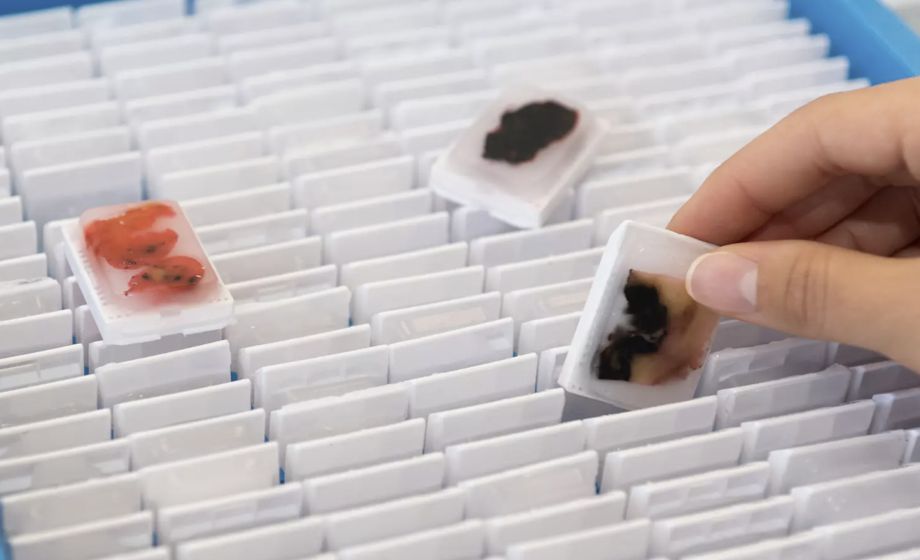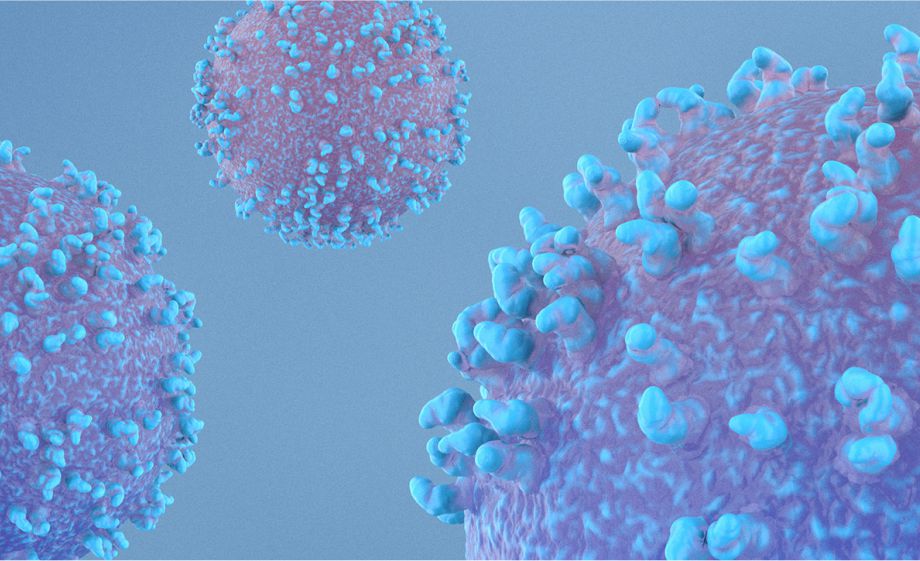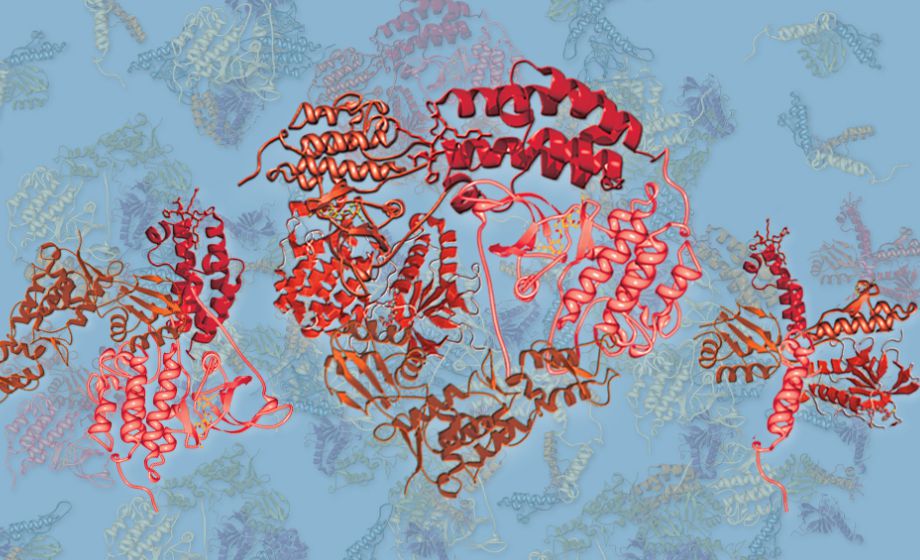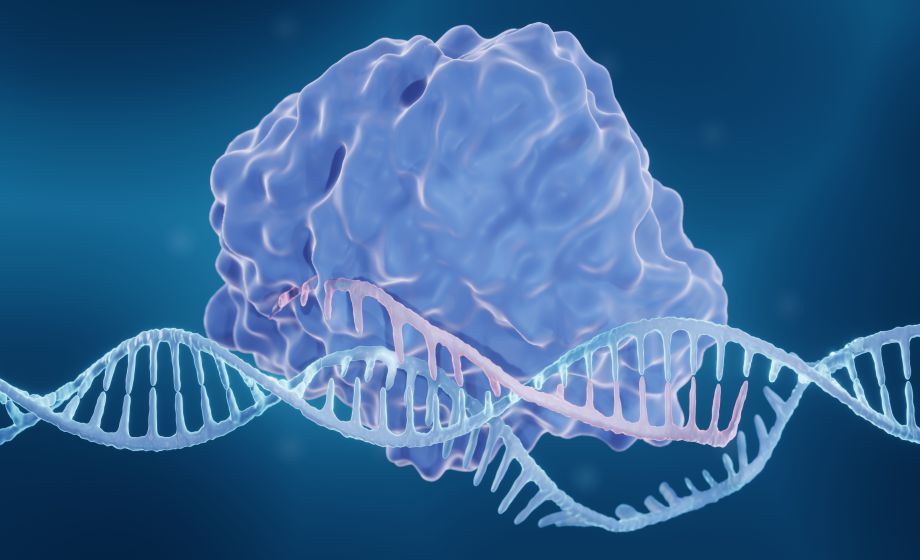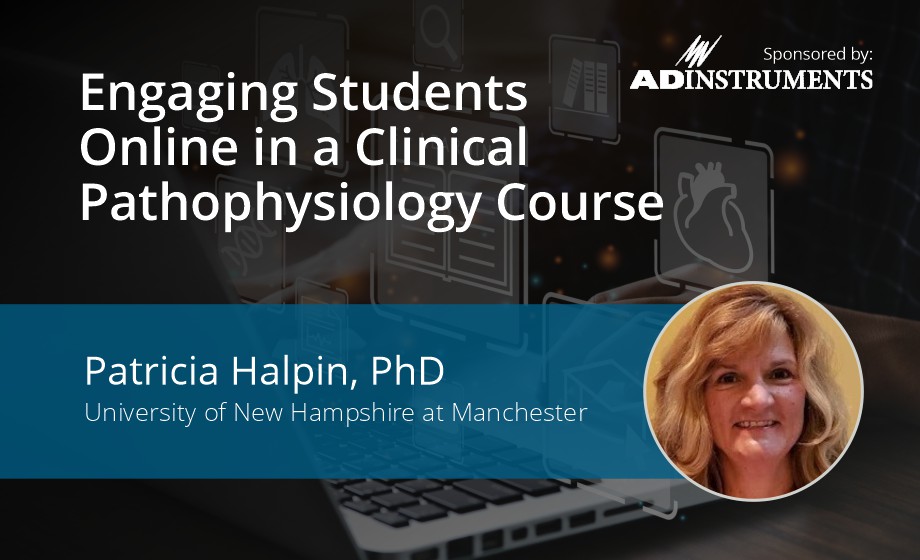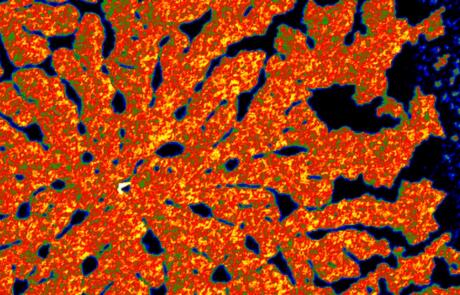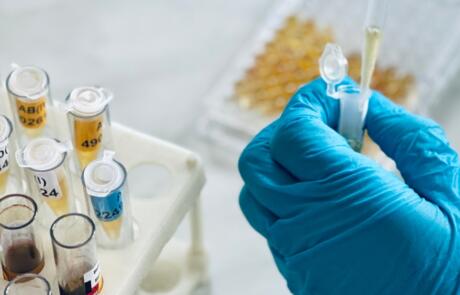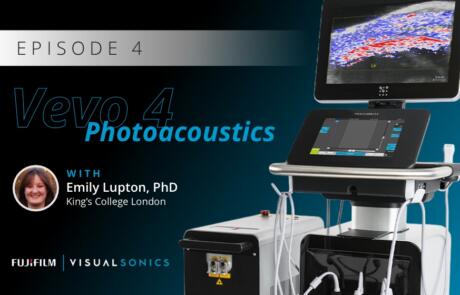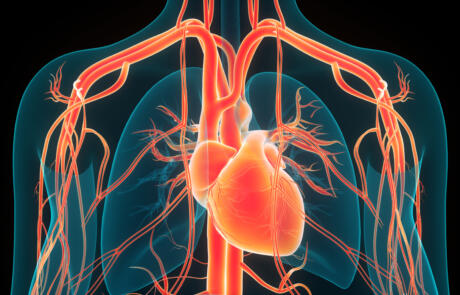Turning Innovative Features Into Practical Benefits Within the Buxco Nose-Only Rodent Inhalation System
UV Shemesh presents Buxco's nose-only rodent inhalation system, highlighting how it can improve research efficiency and offer valuable insights in respiratory studies.
Advancing Water Quality Monitoring: How to Easily Integrate Advanced Bioanalytical Techniques for Comprehensive Insights
Dr. Jack Vanden Heuvel discusses how integrating cell-based bioassays and effect-based trigger values enhances water quality assessment beyond traditional methods.
Exploring Estrogen’s Role in Metabolism and the Use of 13C-Labeled Nutrients for Advanced Animal Physiology and Nutrition Research
Dr. Reilly Enos and Dr. Eran Levin discuss estrogen's metabolic impact and how isotopic labeling and 13C-labeled nutrients can be used for animal physiology and nutrition research.
Symposium: Opportunities, Hopes, and Challenges in Translating Visual Restoration from Mouse to Human
Striatech celebrates its 5th anniversary with a top-class Symposium on the topic of translating visual restoration from mouse to human.
Longitudinal Plasma Samples: Paving the Way for Precision Oncology
Experts present a cell-free plasma biobank and describe the role of longitudinal plasma samples for cancer research, disease monitoring, and biomarker development.
Fully Characterized, Standardized Human Induced Pluripotent Stem Cell Line and Ready-to-Use, High-Quality Neural Progenitor Cells for Downstream Differentiation Applications
In this webinar, experts present a standardized human induced pluripotent stem cell line and its differentiation into neural cells for disease modeling and assay development.
Measurement of Cardiac Function Using Pressure-Volume Loops in Swine
Dr. Pedro Ferreira gives a deep dive into his work using pressure-volume loops in large animal models of heart failure.
Partnering with Disease Registries: The Value and Impact for Real-World Evidence Generation
In this webinar, Evidera experts present guidance on why strong connections with registry groups and stakeholder populations are important for generating relevant real-world evidence to advance treatments.
Minimizing the Impact of Cross-Cultural Differences in COA Translations
ICON's COA Linguistic Validation Leaders highlight the importance of Linguistic Validation and how equivalence should be a key focus during the development of Clinical Outcome Assessment translations.
Real-time IntraVital Microscopy (IVM): In Vivo Live Cell Imaging in Immunology and Neuroscience with Live Imaging Demo
Selina Soyeon Ahn, PhD introduces IVIM Technology’s All-in-One real-time intravital confocal and two-photon microscopy system and its application to immunology and neuroscience research.
Improving Patient Outcomes: AI-Based Phenotyping for Diagnosis, Treatment, and Clinical Trials
Watch a panel of OM1’s clinical experts in cardiometabolic disease, immunology, and mental health as they explore how Artificial Intelligence (AI) can find phenotypic patterns and unlock insights hidden in real-world data.
Save Time and Money When Prioritizing Drug Candidates: Using Cell-Based Reporter Assays for Nuclear Receptor Profiling
Dr. Jack Vanden Heuvel discusses the use of cell-based reporter assays for nuclear receptor profiling to efficiently prioritize drug candidates and minimize off-target effects.
COMPLi HBS Legislation Series: France
This webinar explores France's governance of human biological samples for research, focusing on acquisition, storage, import/export, and unique requirements in comparison to global standards.
How to Create CRISPR-Edited T Cells More Efficiently for Tomorrow’s Cell Therapies
Steven Loo-Yong-Kee presents Artisan Bio's STAR-CRISPR™ system for optimized gene editing in cell therapy, with a focus on the genetifc modification of T cells for cancer immunotherapy.
Targeting Proteomics to Decipher Biology for the Drug Development Pipeline
Dr. Jeffrey Silva explores the role of mass spectrometry-based proteomics on drug discovery, disease mechanisms, and biomarker identification.
Peripheral and Cerebral Vascular Responses Following High-Intensity Interval Exercise
Dr. Bert Bond and Max Weston present an overview on their study investigating the effects high-intensity interval exercise has on cerebrovascular health.
What Every Researcher Needs to Know About Using Medicare Data for Real World Evidence
Join three panelists who provide a practical overview of how and why to use data from Medicare for real world studies.
Medicare Part D: Price Negotiation Panel Discussion
Hear expert panelists bring their perspectives on critical issues around support for Medicare Part D products' fair market prices.
Leveraging Programmable CRISPR-Associated Transposases for Next-Generation Genome Engineering
Dr. Sam Sternberg discusses a novel CRISPR-Cas9 system using programmable, RNA-guided transposase, and highlights its implications for kilobase-scale genome engineering in cell and gene therapies.
Synthetic Peptide Growth Factors: Forging the Path Forward for Regenerative Medicine, Cell Therapy, and Cellular Agriculture
Experts discuss how synthetic growth factors work and share application examples and data using these synthetic peptides for cell therapy and regenerative medicine.
Finding Value in Linking Real-World Data with Social Determinants of Health
Hear Pamela Landsman-Blumberg and Rick Chapman highlight the importance of SDOH and discuss examples of how claims data and EMR linked with SDOH can inform use cases.
Simple Tips to Significantly Improve Rodent Surgical Outcomes
Dr. Marcel Perret-Gentil presents six simple-to-implement techniques to significantly improve surgical outcomes.
The Journey From Pandemic Teaching Into The New Normal
Join Gethin Evans, PhD as he delves into his experience teaching in the life sciences pre-, during, and post-pandemic and how his department has invested in technology to enhance teaching content and delivery.
It’s Time for Change! How to Promote Diversity, Equity, Inclusion, and Respect in your Chemistry Lab
In this webinar, we demonstrate our Rate Law Determination experiment that utilizes Vernier Science Education’s Go Direct SpectroVis Plus Spectrophotometer to study the kinetics of the reaction of crystal violet with sodium hydroxide.
Engaging Students Online in a Clinical Pathophysiology Course
In this webinar, Assoc Prof. Patricia Halpin, (Chair of the APS Teaching Section) discusses how she harnesses technology to engage her physiology students in an online clinical pathophysiology course.



